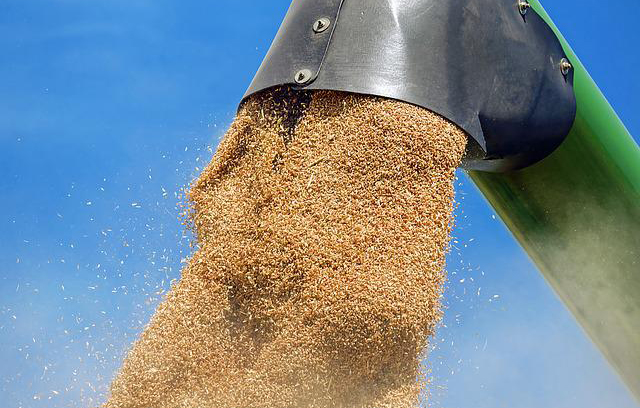Source: Zerno.ru (Russia)
Egypt, a major importer, has procured a significant volume of wheat. This action underscores the country’s commitment to food security. The purchased wheat will likely impact global grain markets. Specifically, recent news highlights Egypt’s strategic move in securing wheat.
Massive Wheat Purchase Details
Egypt’s General Authority for Supply Commodities (GASC) finalized a deal recently. The purchase encompasses 480,000 metric tons of wheat. This wheat will be sourced from various origins. The average price stands at $270 per ton on a cost and freight (C&F) basis. These details are critical for market analysis.
Moreover, the breakdown of the purchase reveals key information. For instance, 60,000 tons are sourced from Russia. Another 240,000 tons originate from Romania. And finally, 120,000 tons come from France, including 60,000 tons from Ukraine. The shipments are slated for arrival between August 1 and August 20.
Additionally, the suppliers involved in this massive transaction are:
- Grain Flower S.A.
- Aston
- Viterra
- Cerealcom Dolj S.R.L.
Factors Influencing Wheat Demand
Egypt’s wheat consumption is substantial, driving its import needs. Furthermore, government policies play a vital role in food security. Global wheat prices and supply chains also impact purchasing decisions. Indeed, recent geopolitical events significantly affected the global market. Therefore, Egypt’s strategic purchases reflect its adaptation. The country is working hard to ensure sufficient supply for its population.
Mexico White Corn Production: An Overview
Interestingly, while Egypt focuses on wheat, Mexico’s agricultural landscape differs. Mexico white corn production, for example, is a key part of their food system. Although related to a different grain, it’s also an important part of the global agricultural scene. In contrast to Egypt, Mexico’s domestic production of white corn is a key factor for food stability. Also, this production heavily influences local economies and trade.
Further Considerations
Consequently, Egypt’s wheat purchase is a noteworthy event. It highlights the complexities of global grain trade. For other countries, Mexico white corn production, on the other hand, takes precedence. All of these are key to global food supply. And finally, these trades affect the prices that everyday people pay at the store.

